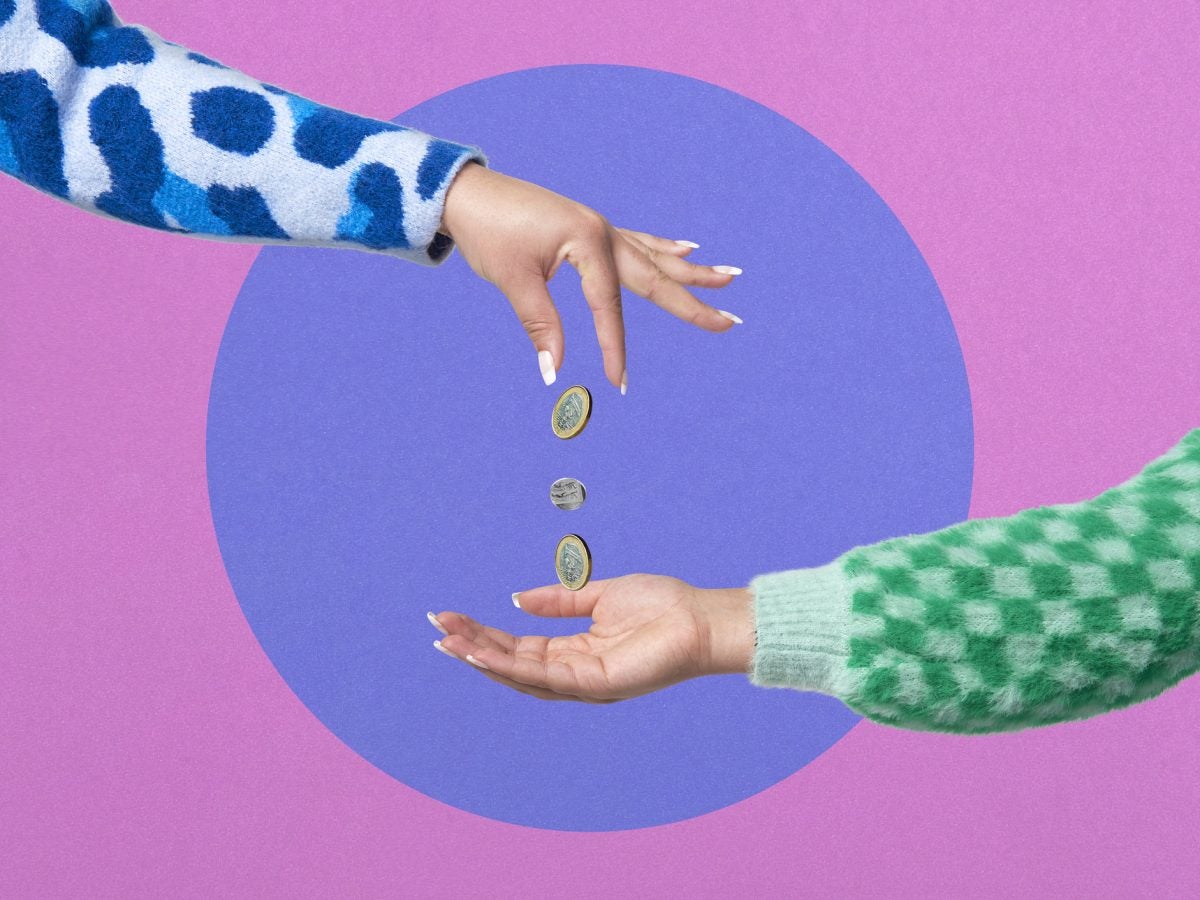
Bartering reaches back to 6000 BC with the Mesopotamian people that traded goods before currencies were invented.
Bartering is defined as “the process of obtaining goods or services by direct exchange without the use of currency.” I bet you’re wondering where I’m going with this—hear me out. If you’ve been paying attention to the economic landscape, or just living life, you’ve noticed how suffocatingly expensive everything seems to be now. In fact, it was recently estimated the typical American household must spend an additional $11,434 annually to keep up with their day-to-day necessities. One of the ways some people are working around the high expenses is bartering services, and I honestly don’t blame. But it can be a trick practice if not careful. Here are a few things to keep in mind if you’re thinking of doing a swap.
Understand your market value
It’s important to identify which skills you have assess their fair market value. This can help you understand which comparable goods/services you can trade. For instance, Tikiyah Overstreet, a Chicago-based publicist bartered her strategic communications support in exchange for skincare procedures early in her career since the value was comparable.
“It was when I first started PR, and aiming to prove myself in the field,” she tells ESSENCE. “Although I didn’t get paid, it was a great opportunity to build relationships” without having to haggle about pay.
Stand firm and protect yourself
Bartering may seem like an informal practice because money isn’t being exchanged, but make no mistake, it should be treated as legitimate business. It’s important to draw up a contractural agreement to lay out terms that should include what each party should expect to receive from one another. This makes it easier to measure shortcomings.
“Although bartering can be beneficial, it’s not always my first choice because in my mind, it means free,” Overstreet says.
If there is any scope creep, be sure to refer back to the agreement and try to re-enforce its terms.
Consider next steps
Bartering can be great if the services you’re receiving are equivalent or exceed the value of what you’re offering, but if that ever changes, it’s important to consider ways to convert it into cash.
In Overstreet’s case, she was able to enough provide value that the bartering agreement turned into a paid opportunity.
“I had an idea of how long I wanted to do barter for,” Overstreet tells ESSENCE.
Setting a timeframe can help keep you on track to create paid jobs out of swapped service agreements. For instance, after 90 days, it could be beneficial to revisit the agreement and if both parties are satisfied, offer your rate.





